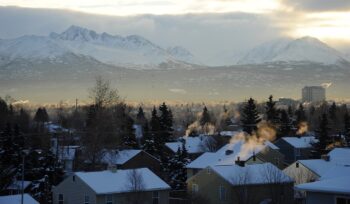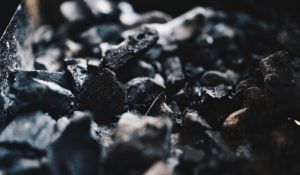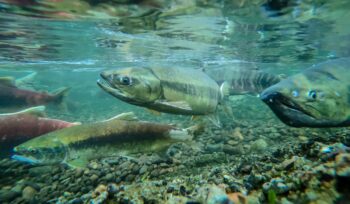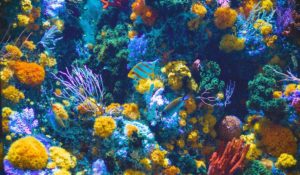We are building the world’s largest database of social change milestones, from the first fire to today’s good news. Change is not only possible, it has happened consistently throughout human history.
Filter by era, country, topic, actor, source, and more.
4755
change milestones archived
Filters
Search
Era
- Tomorrow (2025 C.E. - ???)
- Today (2017 C.E. - 2024 C.E.)
- Post-modernity (1945 - 2016 C.E.)
- Modernity (1500 - 1945 C.E.)
- Post-classical (500 - 1500 C.E.)
- Civilization (3000 B.C.E. - 500 C.E.)
- Agriculture (10000 - 3000 B.C.E.)
- Prehistory (250000 - 10000 B.C.E.)
Years
Topic
Country
Actor
Filters
Search
Era
- Tomorrow (2025 C.E. - ???)
- Today (2017 C.E. - 2024 C.E.)
- Post-modernity (1945 - 2016 C.E.)
- Modernity (1500 - 1945 C.E.)
- Post-classical (500 - 1500 C.E.)
- Civilization (3000 B.C.E. - 500 C.E.)
- Agriculture (10000 - 3000 B.C.E.)
- Prehistory (250000 - 10000 B.C.E.)
Year
Topics
Region
Countries
State/Province
Institution
Sources
-
2024 C.E. September 5
Nurse practitioners can provide abortions in Alaska, judge rules
A judge has struck down an Alaska law banning qualified nurse practitioners and physician assistants from performing abortions, siding with a legal challenge by a Planned Parenthood affiliate. Alaska Superior Court Judge Josie Garton in Anchorage has ruled that the law violated Alaskans' rights to privacy and equal protection under the state constitution. The state's top court found that those rights include a right to abortion in a 1997 ruling, and abortion is legal in the state at all stages of pregnancy.
-
2024 C.E. September 3
Norway’s forests have more than tripled in a hundred years
Over the course of the last hundred years, Norwegian forests have tripled in size according to a new report. The survey from Statistics Norway shows that forest growth continued for the whole of the 20th and much of the 21st century, but has begun tapering off as spruce saplings planted by schoolchildren in the 1960s are now fully mature and beginning in some cases to die or be logged.
-
2024 C.E. September 3
Britain’s reliance on coal-fired power set to end after 140 years
Home to the world’s first coal-fired power station, opened in London in 1882, the U.K. is set to be the first G7 country to stop using coal to generate electricity, one year earlier than first set out by the previous Conservative government in 2015. In the coming weeks, it will officially close the lone remaining coal-fired plant in the country, a station known as Ratcliffe, near the city of Nottingham.
-
2024 C.E. September 3
‘Major milestone’ immunization campaign begins in North Korea with support of UNICEF
More than 800,000 children and 120,000 pregnant women will be vaccinated in a nationwide campaign launched on Monday by the Government of the Democratic People's Republic of Korea (DPRK) with the support of the UN Children’s Fund (UNICEF). Over four million doses of essential vaccines — including Pentavalent, Measles-Rubella (MR), Tetanus-Diphtheria, BCG, Hepatitis B, and Inactivated Poliovirus Vaccine (IPV) — were delivered to the DPRK in July to kickstart this comprehensive catch-up effort.
-
2024 C.E. September 2
Gray wolf population growing fast in California — up sixfold in the past five years
The first wolf returned to the state after an 87-year absence in 2011, when a young male walked across the border from Oregon. By 2015, the first new wolf pack had re-established, in Siskiyou County. By 2019, there were seven gray wolves in California. Now there are 44 — a sixfold increase over the past five years, according to the California Department of Fish and Wildlife. Wolves are now found in nine of California’s 58 counties, in seven packs from the Oregon border to the mountains around Lake Tahoe, and in the Southern Sierra near Bakersfield.
-
2024 C.E. September 2
Aetna to start covering IUI in the U.S.
Medical insurance company Aetna just announced that it’s going to be providing additional fertility coverage, specifically offering intrauterine insemination (IUI), to all policyholders regardless of sexual orientation or whether they’re partnered. This comes after a settlement agreement from a lawsuit earlier this year which stated that Aetna has to provide such care for LGBTQ+ people. The case, Goidel et al. v. Aetna, was filed in September 2021 and only came to a resolution in May after years of waiting and legal battles.
-
2024 C.E. September 2
Share of coal in Australia’s main grid falls below 50% for first time
The share of coal has remained stubbornly high over the past decade, and still remains at more than 56% over the last 12 months, though down from its peaks of nearly 90% in the early 2000s. But over the past week, in the midst of strong winds across the south of Australia and the continuing growth of rooftop solar, the average share of coal generation in serving native demand on the main grid fell to 49.9%, according to industry observer Geoff Eldridge, of GPE NEMLog.
-
2024 C.E. August 28
Salmon will soon swim freely in the Klamath River for first time in a century once dams are removed
The largest dam removal project in U.S. history is nearing completion. Crews will use excavators this week to breach rock dams that have been diverting water upstream of two dams that were already almost completely removed, Iron Gate and Copco No. 1. The work will allow the river to flow freely in its historic channel, giving salmon a passageway to key swaths of habitat just in time for the fall Chinook, or king salmon, spawning season.
-
2024 C.E. August 30
$35 million debt-for-nature deal aims to protect Indonesia’s coral reefs
A $35 million debt-for-nature swap between Indonesia and the U.S. aims to conserve coral reefs in eastern Indonesia over the next nine years, with the funding offset by canceled sovereign debt payable to the U.S. Indonesian conservation groups and their international partners will implement ground programs to protect reefs in key areas, strengthen marine protected areas and support community livelihoods under the deal.
-
2024 C.E. August 30
South Korean youth score historic climate victory
A top court in South Korea has ruled the country’s measures to fight climate change insufficient for protecting the rights of its citizens in Asia’s first climate litigation ruling of its kind. Currently, South Korea does not have any legally binding targets to cut greenhouse gas emissions between 2031 and 2049. This absence means the government cannot guarantee the protection of future generations, a right engrained in its constitution, the Constitutional Court of Korea ruled.
-
 2024 C.E. September 5
2024 C.E. September 5Nurse practitioners can provide abortions in Alaska, judge rules
A judge has struck down an Alaska law banning qualified nurse practitioners and physician assistants from performing abortions, siding with a legal challenge by a Planned Parenthood affiliate. Alaska Superior Court Judge Josie Garton in Anchorage has ruled that the law violated Alaskans' rights to privacy and equal protection under the state constitution. The state's top court found that those rights include a right to abortion in a 1997 ruling, and abortion is legal in the state at all stages of pregnancy.
-
 2024 C.E. September 3
2024 C.E. September 3Norway’s forests have more than tripled in a hundred years
Over the course of the last hundred years, Norwegian forests have tripled in size according to a new report. The survey from Statistics Norway shows that forest growth continued for the whole of the 20th and much of the 21st century, but has begun tapering off as spruce saplings planted by schoolchildren in the 1960s are now fully mature and beginning in some cases to die or be logged.
-
 2024 C.E. September 3
2024 C.E. September 3Britain’s reliance on coal-fired power set to end after 140 years
Home to the world’s first coal-fired power station, opened in London in 1882, the U.K. is set to be the first G7 country to stop using coal to generate electricity, one year earlier than first set out by the previous Conservative government in 2015. In the coming weeks, it will officially close the lone remaining coal-fired plant in the country, a station known as Ratcliffe, near the city of Nottingham.
-
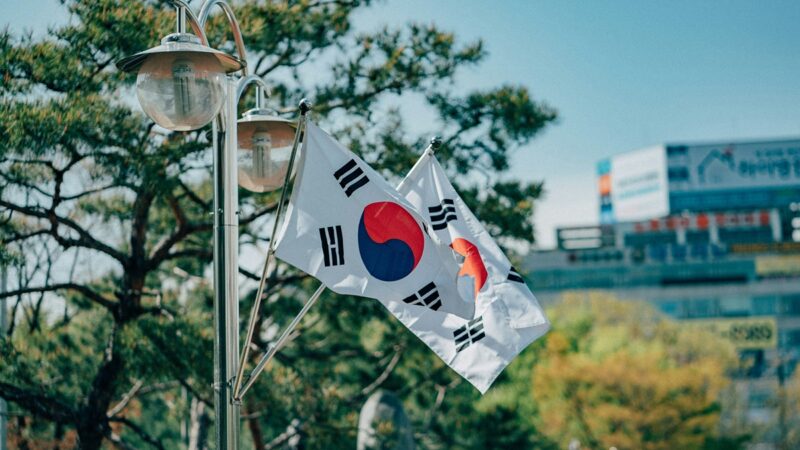 2024 C.E. September 3
2024 C.E. September 3‘Major milestone’ immunization campaign begins in North Korea with support of UNICEF
More than 800,000 children and 120,000 pregnant women will be vaccinated in a nationwide campaign launched on Monday by the Government of the Democratic People's Republic of Korea (DPRK) with the support of the UN Children’s Fund (UNICEF). Over four million doses of essential vaccines — including Pentavalent, Measles-Rubella (MR), Tetanus-Diphtheria, BCG, Hepatitis B, and Inactivated Poliovirus Vaccine (IPV) — were delivered to the DPRK in July to kickstart this comprehensive catch-up effort.
-
 2024 C.E. September 2
2024 C.E. September 2Gray wolf population growing fast in California — up sixfold in the past five years
The first wolf returned to the state after an 87-year absence in 2011, when a young male walked across the border from Oregon. By 2015, the first new wolf pack had re-established, in Siskiyou County. By 2019, there were seven gray wolves in California. Now there are 44 — a sixfold increase over the past five years, according to the California Department of Fish and Wildlife. Wolves are now found in nine of California’s 58 counties, in seven packs from the Oregon border to the mountains around Lake Tahoe, and in the Southern Sierra near Bakersfield.
-
 2024 C.E. September 2
2024 C.E. September 2Aetna to start covering IUI in the U.S.
Medical insurance company Aetna just announced that it’s going to be providing additional fertility coverage, specifically offering intrauterine insemination (IUI), to all policyholders regardless of sexual orientation or whether they’re partnered. This comes after a settlement agreement from a lawsuit earlier this year which stated that Aetna has to provide such care for LGBTQ+ people. The case, Goidel et al. v. Aetna, was filed in September 2021 and only came to a resolution in May after years of waiting and legal battles.
-
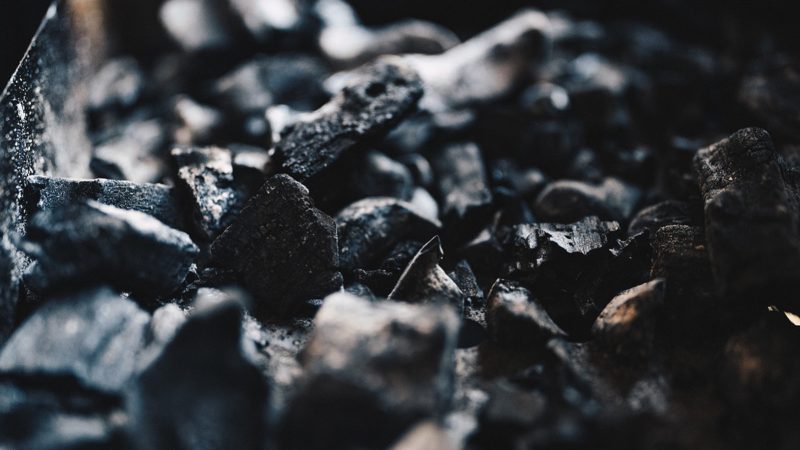 2024 C.E. September 2
2024 C.E. September 2Share of coal in Australia’s main grid falls below 50% for first time
The share of coal has remained stubbornly high over the past decade, and still remains at more than 56% over the last 12 months, though down from its peaks of nearly 90% in the early 2000s. But over the past week, in the midst of strong winds across the south of Australia and the continuing growth of rooftop solar, the average share of coal generation in serving native demand on the main grid fell to 49.9%, according to industry observer Geoff Eldridge, of GPE NEMLog.
-
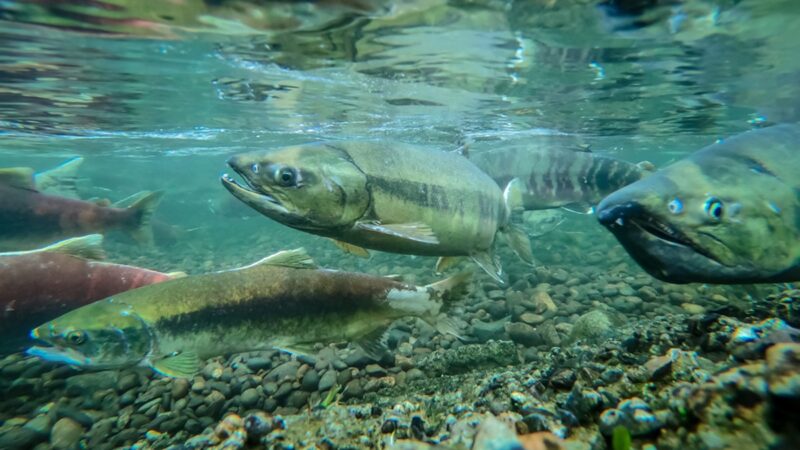 2024 C.E. August 28
2024 C.E. August 28Salmon will soon swim freely in the Klamath River for first time in a century once dams are removed
The largest dam removal project in U.S. history is nearing completion. Crews will use excavators this week to breach rock dams that have been diverting water upstream of two dams that were already almost completely removed, Iron Gate and Copco No. 1. The work will allow the river to flow freely in its historic channel, giving salmon a passageway to key swaths of habitat just in time for the fall Chinook, or king salmon, spawning season.
-
 2024 C.E. August 30
2024 C.E. August 30$35 million debt-for-nature deal aims to protect Indonesia’s coral reefs
A $35 million debt-for-nature swap between Indonesia and the U.S. aims to conserve coral reefs in eastern Indonesia over the next nine years, with the funding offset by canceled sovereign debt payable to the U.S. Indonesian conservation groups and their international partners will implement ground programs to protect reefs in key areas, strengthen marine protected areas and support community livelihoods under the deal.
-
 2024 C.E. August 30
2024 C.E. August 30South Korean youth score historic climate victory
A top court in South Korea has ruled the country’s measures to fight climate change insufficient for protecting the rights of its citizens in Asia’s first climate litigation ruling of its kind. Currently, South Korea does not have any legally binding targets to cut greenhouse gas emissions between 2031 and 2049. This absence means the government cannot guarantee the protection of future generations, a right engrained in its constitution, the Constitutional Court of Korea ruled.

